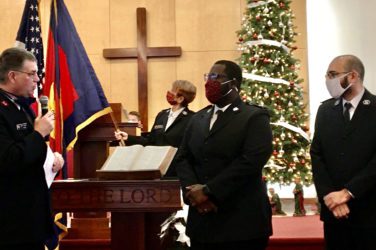by Bo Christoffer Brekke
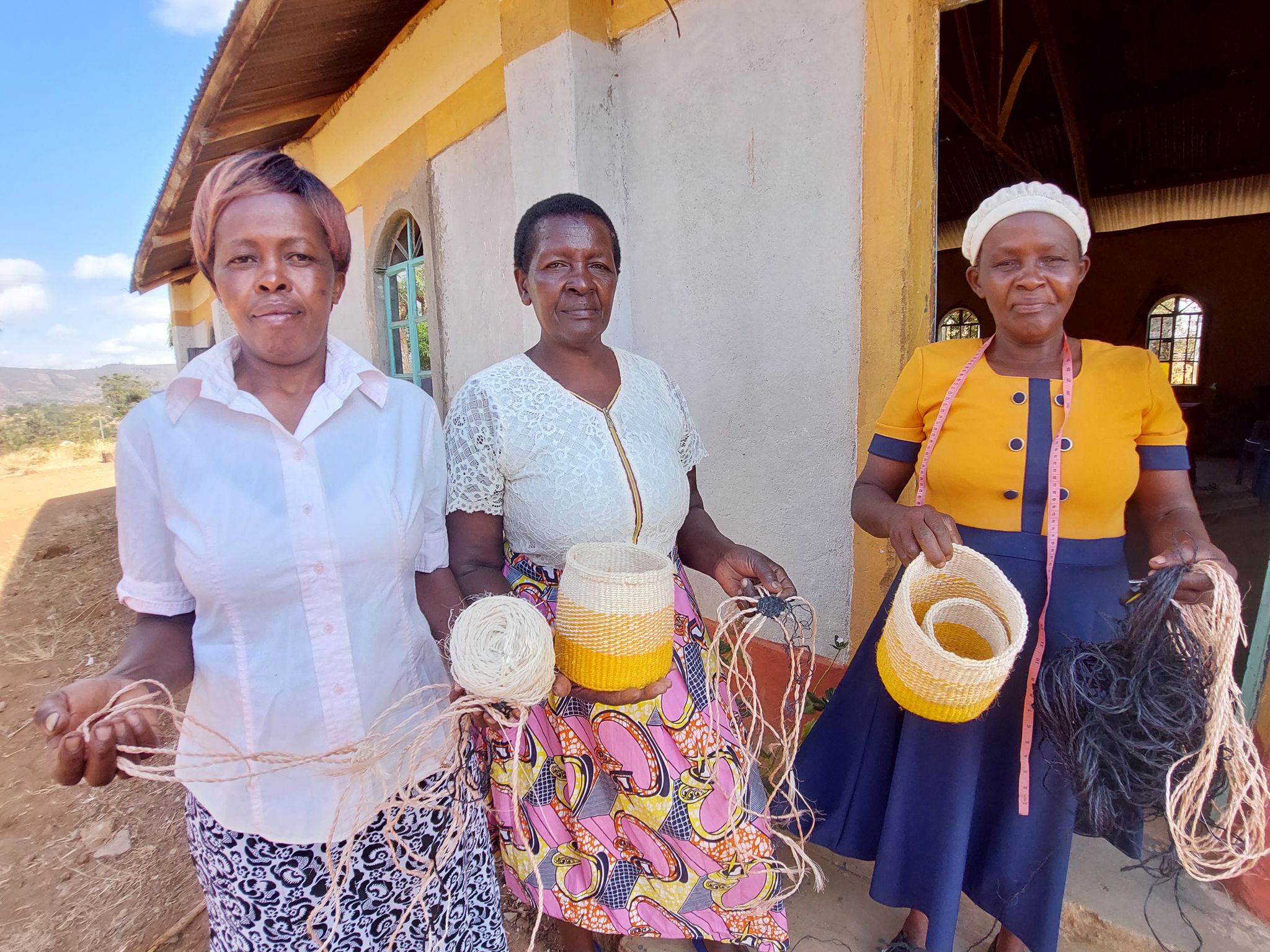 Around 1997, Komola and her family were representative of many rural Bangladeshi families—living in a small tin shed on rented land on a roadside plot, the wife taking care of their two young children at home and the husband trying to earn a living for the family by doing whatever daily labor work was available.
Around 1997, Komola and her family were representative of many rural Bangladeshi families—living in a small tin shed on rented land on a roadside plot, the wife taking care of their two young children at home and the husband trying to earn a living for the family by doing whatever daily labor work was available.
Twenty-five years later, they proudly invite guests into the family’s brick home on their own land in their home village, with the harvest from their own rice field drying in the courtyard outside. Their two children have completed university degrees, picking up career opportunities that would have been distant dreams for their parents in 1997.
One of the factors driving this family’s journey has been that Komola became one of the very first women to work for OTHERS back in 1997. The job gave her the opportunity to earn an income of her own for the first time, helping to put the family on the path to where they are today.
Generating opportunity
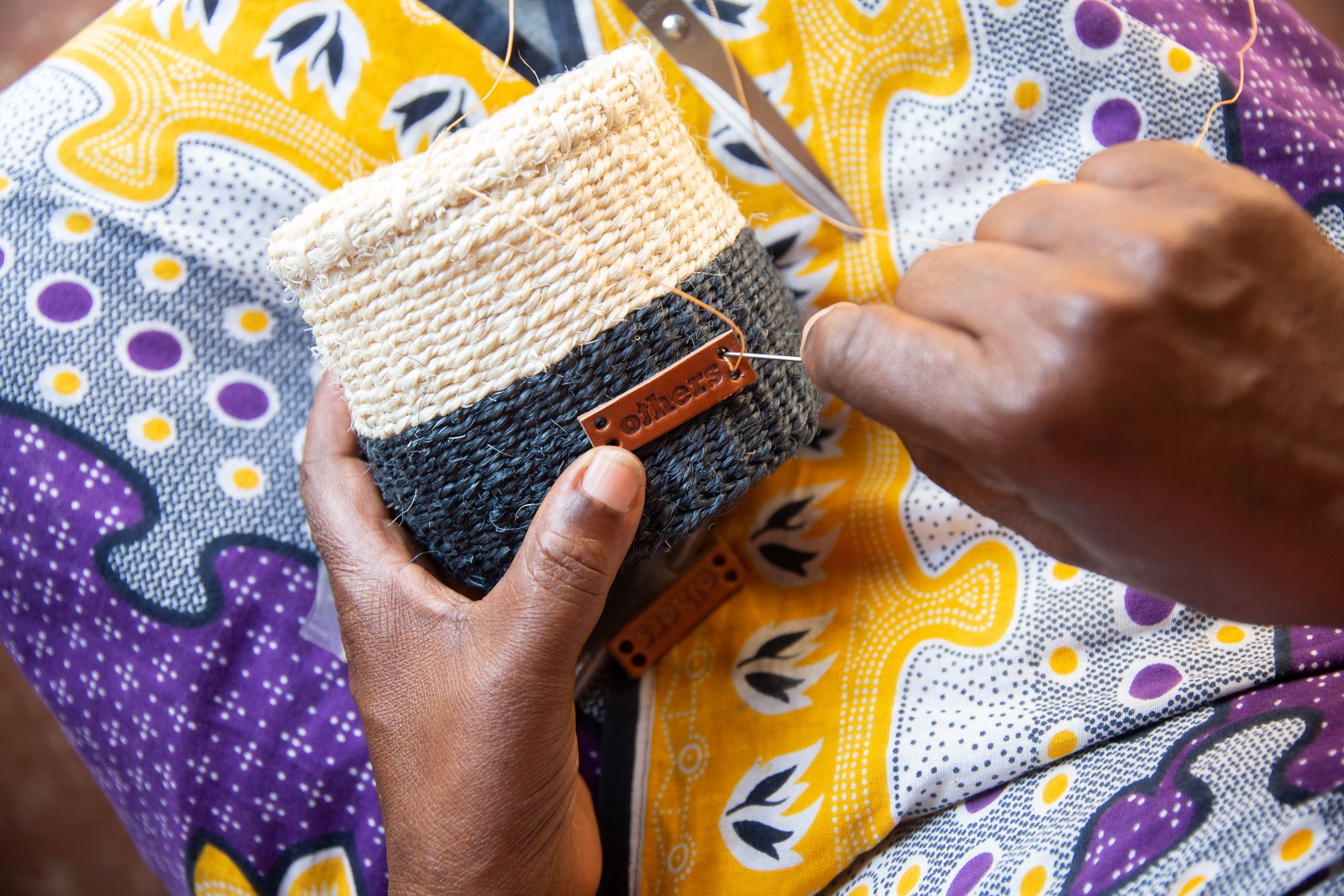 OTHERS is a Salvation Army initiative using fair trade principles to fight poverty—under the slogan “Trade for Hope.” While everyone shares the same desire to be able to provide for themselves and their family, far too many lack the opportunity to find a job or are forced to work under poor working conditions. By creating flexible jobs with fair wages and access to international markets, OTHERS is one of The Salvation Army’s contributions to the global goal of giving more people access to decent employment.
OTHERS is a Salvation Army initiative using fair trade principles to fight poverty—under the slogan “Trade for Hope.” While everyone shares the same desire to be able to provide for themselves and their family, far too many lack the opportunity to find a job or are forced to work under poor working conditions. By creating flexible jobs with fair wages and access to international markets, OTHERS is one of The Salvation Army’s contributions to the global goal of giving more people access to decent employment.
OTHERS artisans are engaged through relationships with local Salvation Army programs that focus on economic development in rural and urban settings—with a particular focus on women. OTHERS currently has active production groups in Bangladesh and Kenya, where the former has remained the biggest producer country since the beginning as a local Salvation Army initiative there in 1997. There are currently around 618 artisans in Bangladesh who are involved in production for OTHERS, along with 343 artisans in Kenya.
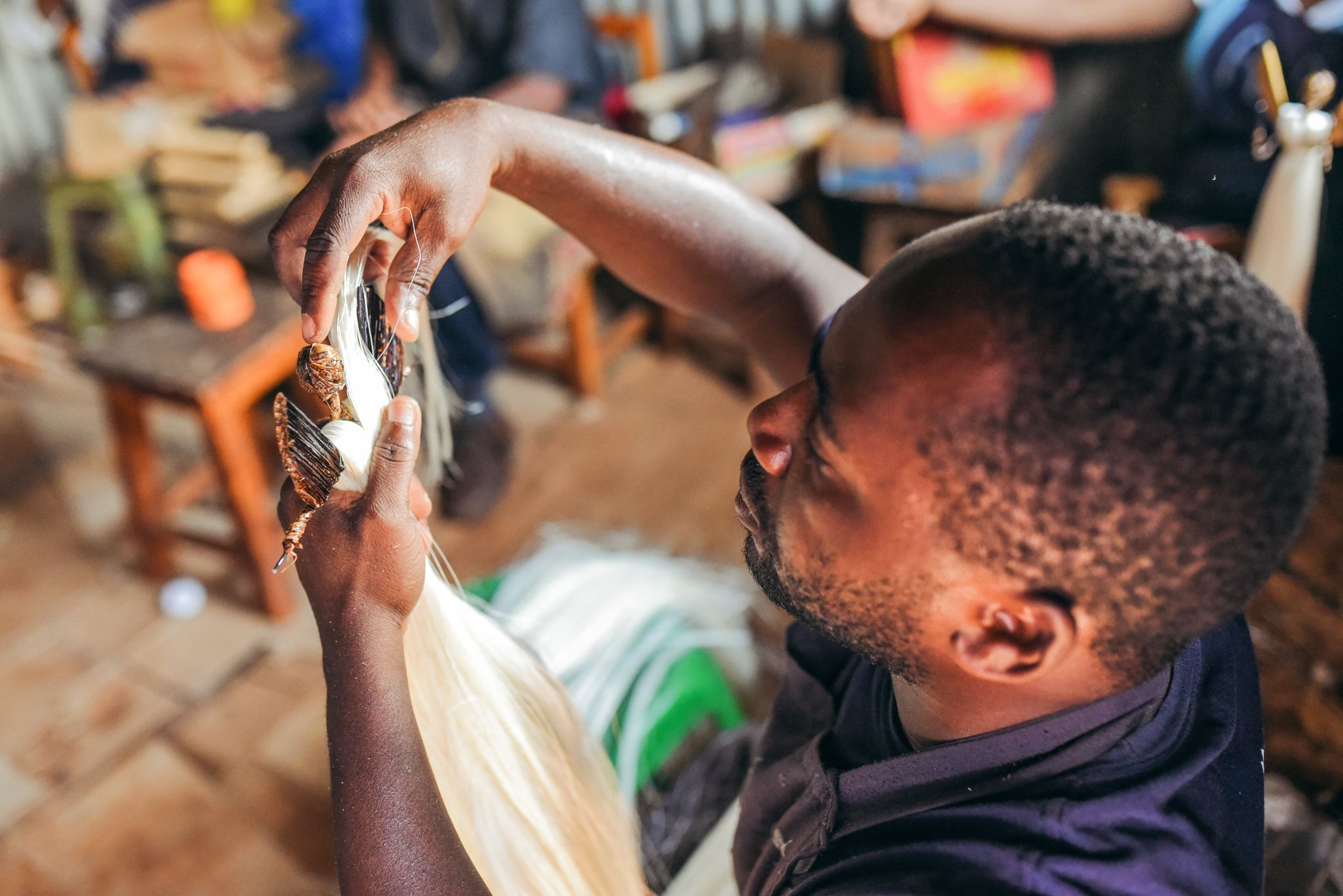 All products are handmade or include some element of manual work. Some of the production groups consist of fulltime employees, while many consist of part-time workers who are paid on a piecework basis. This allows OTHERS to be inclusive and provide income-opportunities for example for mothers, like Komola, who need to combine work with childcare.
All products are handmade or include some element of manual work. Some of the production groups consist of fulltime employees, while many consist of part-time workers who are paid on a piecework basis. This allows OTHERS to be inclusive and provide income-opportunities for example for mothers, like Komola, who need to combine work with childcare.
OTHERS’ history has been one of trial and error, exploring numerous opportunities and restrategizing when initiatives haven’t achieved the desired results. In the big picture, however, the 25-year journey of OTHERS has been one of steady expansion and consolidation. Production capacity quickly outgrew the local market in Bangladesh, and the first steps to expand to the international market were made in the early 2000s. A significant milestone was reached in 2011 when a new partnership with Trade Central became the entry point to North America—an opening which has continued to generate ever wider opportunities since.
Having a positive impact
A job is often about much more than just an income. It’s about empowerment, about the dignity that lies in learning and perfecting a skill, in having the fruit of one’s labor valued by someone else. The testimonies of OTHERS artisans invariably contain the same ingredients: the income earned through OTHERS helps them meet daily needs, invest in household improvements, purchase livestock, start businesses, and most importantly, send children to school.
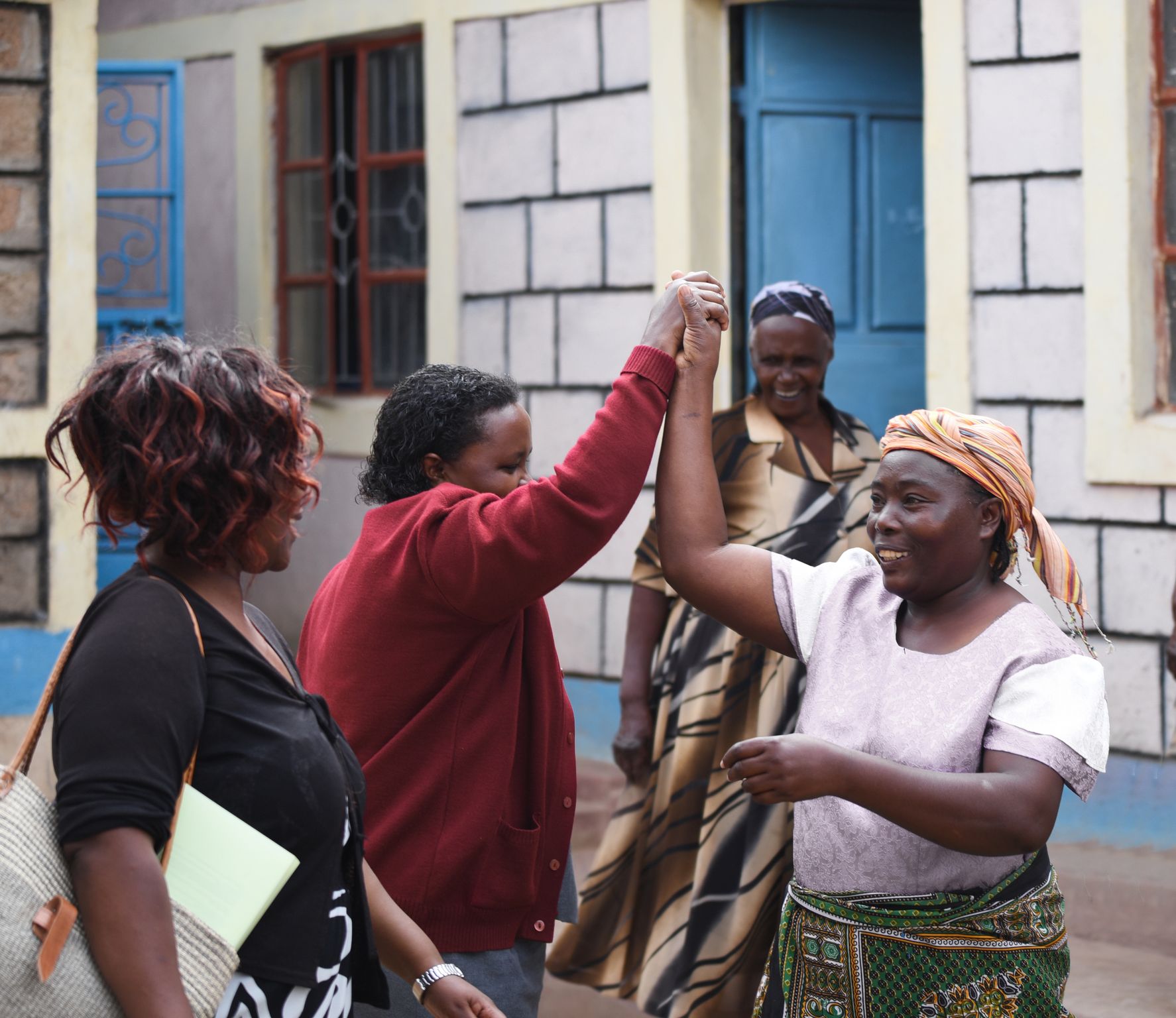 “I have been able to find support emotionally, as well as economic empowerment through the OTHERS group,” said Famines from Dandora, Kenya. “I have been able to pay school fees for my two boys and also learnt handicraft skills from the group.”
“I have been able to find support emotionally, as well as economic empowerment through the OTHERS group,” said Famines from Dandora, Kenya. “I have been able to pay school fees for my two boys and also learnt handicraft skills from the group.”
Christine from the Dorcus Beads group in Kenya shares, “I used to live in a grass hut but have now been able to build a house as a result of being part of OTHERS.”
While Famines and Christine represent the majority of OTHERS artisans—women from low-income backgrounds—partnerships with other existing projects and initiatives help OTHERS to incorporate specific vulnerable groups as well, such as refugees living in Nairobi, Kenya, or women who have been exploited in the sex industry in Dhaka, Bangladesh.
Looking to the future
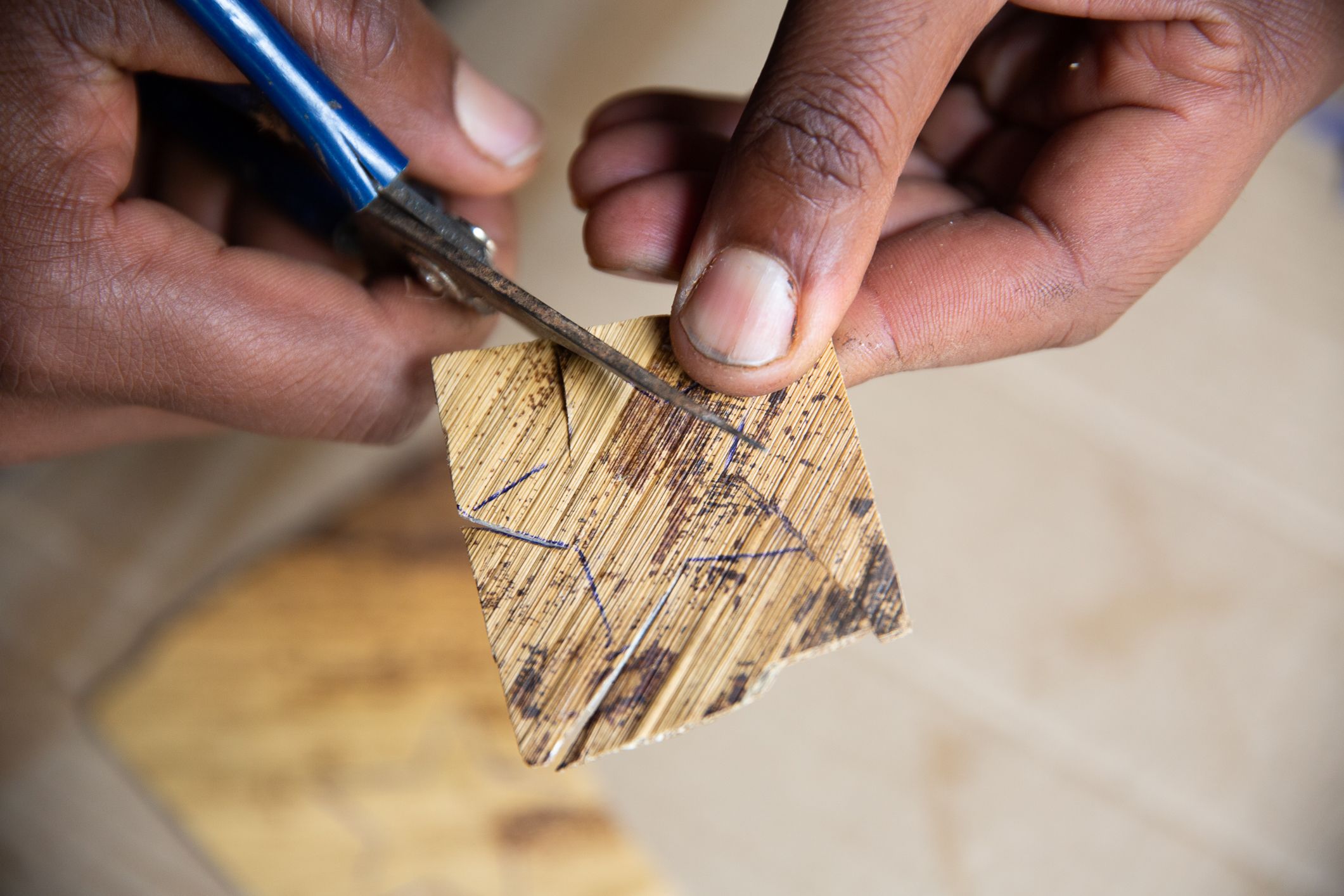 At its best, trade can be a powerful tool for changing the world for the better—as The Salvation Army has experienced since the days of the Founder, and for the past 25 years through OTHERS. While domestic challenges understandably take a lot of focus in the current challenging times, now is also a particularly challenging moment for the world-at-large as inflation, conflict and the aftermath of COVID-19 have led to an increase in global poverty and hunger for the first time in decades. Where there is a need, there is The Salvation Army, and while the 25th anniversary of OTHERS is an opportunity to reflect in gratitude on what has been, the goal of OTHERS is to continue to grow substantially in the years to come so that the impact can be expanded.
At its best, trade can be a powerful tool for changing the world for the better—as The Salvation Army has experienced since the days of the Founder, and for the past 25 years through OTHERS. While domestic challenges understandably take a lot of focus in the current challenging times, now is also a particularly challenging moment for the world-at-large as inflation, conflict and the aftermath of COVID-19 have led to an increase in global poverty and hunger for the first time in decades. Where there is a need, there is The Salvation Army, and while the 25th anniversary of OTHERS is an opportunity to reflect in gratitude on what has been, the goal of OTHERS is to continue to grow substantially in the years to come so that the impact can be expanded.
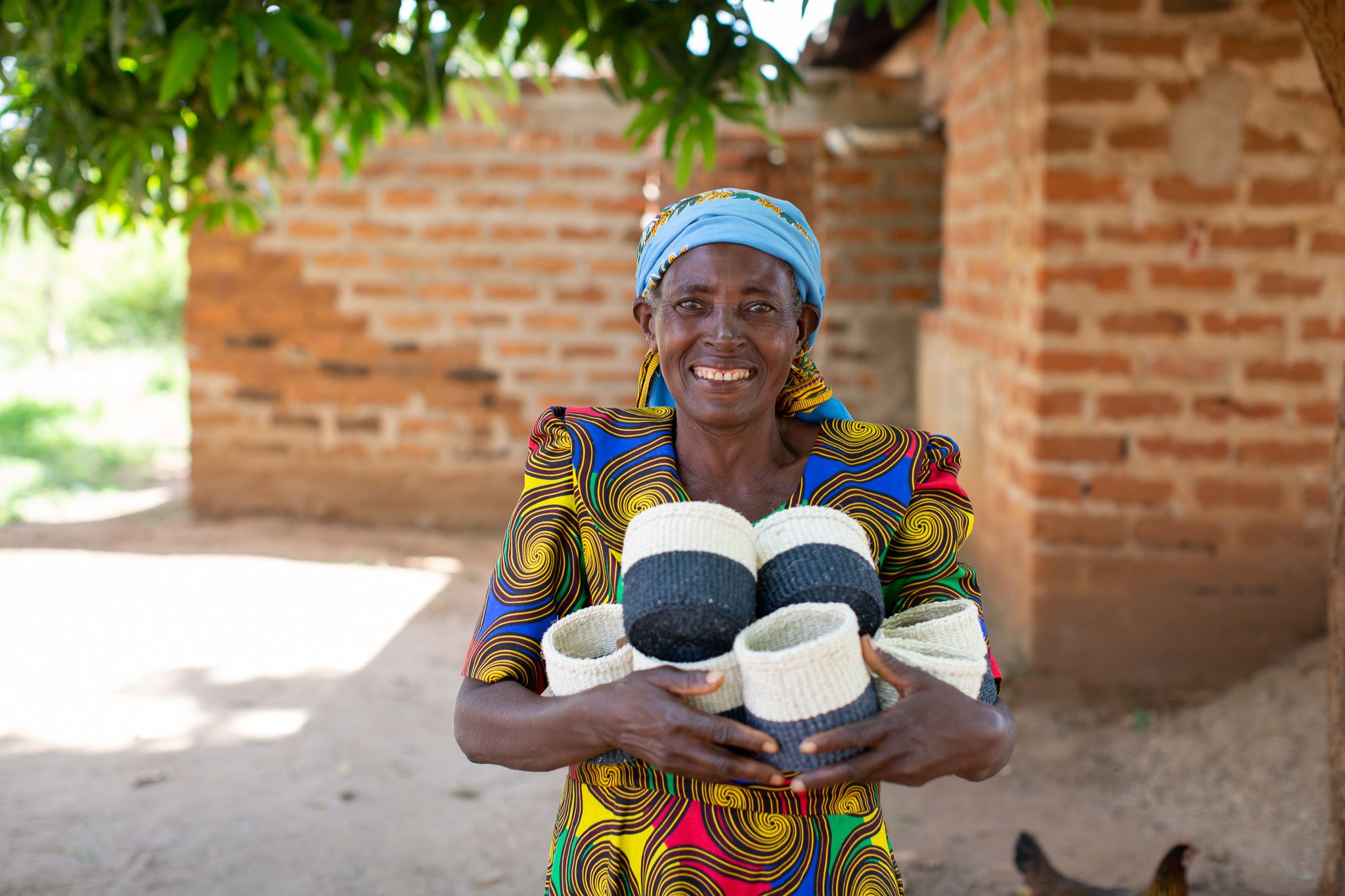 Today, you can find beautiful, high-quality OTHERS products in countries as diverse as the United States, Norway, Canada, Bangladesh, Iceland, the United Kingdom and Japan, in dedicated online stores, Salvation Army shops, as well as in external retail stores and chains. Considering The Salvation Army’s global reach, this still represents only a fraction of the potential. Building on the heritage of the Founder’s focus to direct our attention toward “others,” the aim of OTHERS is to encourage consumers to consider the people behind the products they buy before making their consumer choices.
Today, you can find beautiful, high-quality OTHERS products in countries as diverse as the United States, Norway, Canada, Bangladesh, Iceland, the United Kingdom and Japan, in dedicated online stores, Salvation Army shops, as well as in external retail stores and chains. Considering The Salvation Army’s global reach, this still represents only a fraction of the potential. Building on the heritage of the Founder’s focus to direct our attention toward “others,” the aim of OTHERS is to encourage consumers to consider the people behind the products they buy before making their consumer choices.
As consumers, we all have at least a little bit of power to influence the world for better or for worse.
In buying OTHERS products from Trade Central or usa.tradeforhope.com—for yourself, for an event, or as the perfect gifts for others—you can be part of the next 25 years of the OTHERS journey, helping facilitate many more stories like Komola’s.
To purchase items from the OTHERS program, visit shop.salvationarmy.org or usa.tradeforhope.com.

